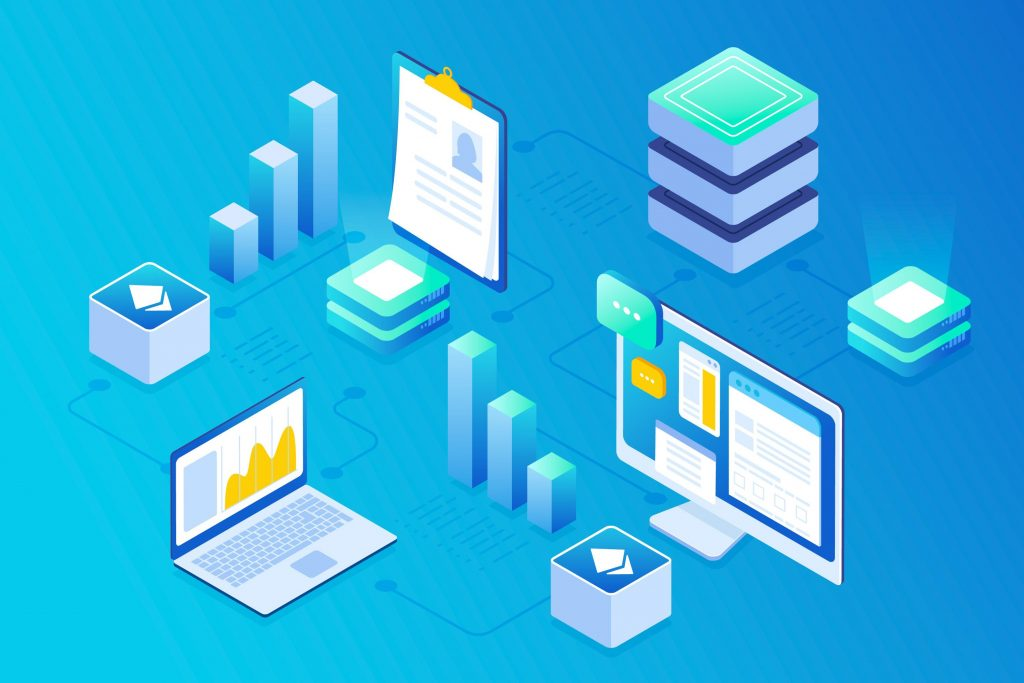Beyond Cryptocurrency: Exploring the Real-World Applications of Blockchain
Blockchain, the technology that underpins cryptocurrencies like Bitcoin, has garnered significant attention in recent years. While cryptocurrencies have been the most visible use case of blockchain, the true potential of this revolutionary technology extends far beyond digital currencies. Blockchain's decentralized, transparent, and tamper-resistant nature opens the door to a wide range of real-world applications across industries, transforming traditional processes and fostering innovation. Let's explore some of the most promising real-world applications of blockchain technology.
1. Supply Chain Management
Blockchain's ability to provide an immutable and transparent ledger makes it an ideal solution for supply chain management. By recording each step of the supply chain on a blockchain, stakeholders can track the movement of goods, verify their origin, and ensure authenticity. This enhanced traceability minimizes the risk of counterfeiting, improves product quality control, and reduces delays in logistics.
Learn more about workplace lawyers
2. Healthcare and Medical Records
The healthcare industry can benefit from blockchain's data security and interoperability features. Blockchain-based medical records can give patients control over their data and allow different healthcare providers to access a comprehensive and accurate medical history securely. This decentralized approach can improve patient care coordination and ensure data integrity while maintaining patient privacy.
3. Intellectual Property and Copyright Protection
Blockchain offers a novel solution for protecting intellectual property rights and copyrights. Creators can timestamp their work on the blockchain, establishing an immutable record of ownership and creation. This can streamline the process of copyright registration and simplify disputes over ownership or infringement.
Buy low carb chips
4. Voting and Elections
Blockchain has the potential to revolutionize voting and elections by providing a secure, transparent, and tamper-resistant voting system. With blockchain-based voting, each vote is recorded on an unchangeable ledger, ensuring the integrity of the election results and reducing the risk of fraud.
5. Decentralized Finance (DeFi)
DeFi is a burgeoning sector that leverages blockchain technology to create an open and permissionless financial ecosystem. DeFi platforms allow individuals to access financial services such as lending, borrowing, and trading without relying on traditional intermediaries like banks. This democratized approach to finance offers greater financial inclusion and eliminates many of the barriers faced by underserved populations.
6. Smart Contracts
Smart contracts are self-executing contracts with the terms of the agreement directly written into code. They automatically enforce the terms and conditions without the need for intermediaries. Blockchain enables the implementation of smart contracts, streamlining various processes, from business agreements to insurance claims, by automating and ensuring their execution.
7. Internet of Things (IoT)
Blockchain can enhance the security and reliability of IoT networks. By providing a decentralized infrastructure, blockchain ensures that devices can communicate and interact with each other securely and transparently. Additionally, blockchain's tamper-resistant nature makes it useful for verifying the authenticity and integrity of data generated by IoT devices.
Learn about private jet hire cost
8. Identity Management
Blockchain can revolutionize identity management by providing individuals with self-sovereign identities. Users can control their personal information and selectively share it with trusted entities, reducing the risk of identity theft and fraud. Decentralized identity solutions can streamline processes like customer onboarding and eliminate the need for centralized identity databases.
9. Real Estate and Land Title Management
Blockchain has the potential to streamline real estate transactions by providing a transparent and immutable record of ownership. By recording property titles on a blockchain, the cumbersome and time-consuming process of title transfers can be simplified, reducing the risk of fraudulent property claims.
10. Renewable Energy and Carbon Credits
Blockchain can facilitate the tracking and trading of renewable energy and carbon credits. By creating transparent and auditable records of energy production and consumption, blockchain enables a more efficient and accountable renewable energy marketplace, promoting sustainability and combating climate change.
Conclusion
While cryptocurrencies have been the face of blockchain technology, the real-world applications of this revolutionary innovation are vast and varied. From transforming supply chain management to revolutionizing healthcare and finance, blockchain is reshaping traditional processes and industries. Its decentralized, secure, and transparent nature offers a foundation for innovation, promoting greater efficiency, trust, and inclusion in a wide range of applications. As blockchain continues to evolve, its potential to drive positive change and disrupt industries is only just beginning to unfold.




 TechQuark is a mobile-friendly website. Simply bookmark
TechQuark is a mobile-friendly website. Simply bookmark 